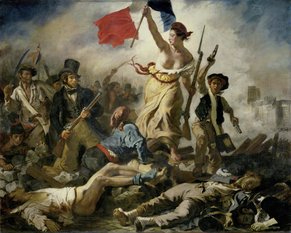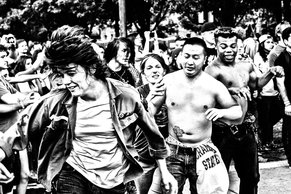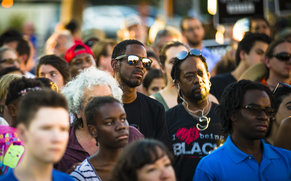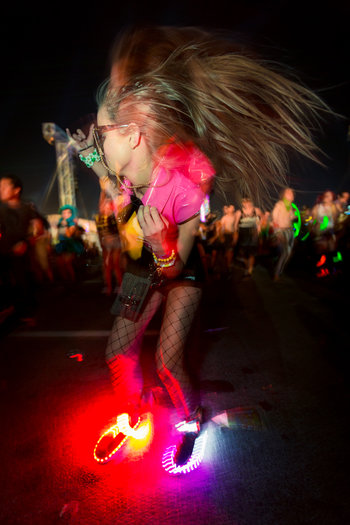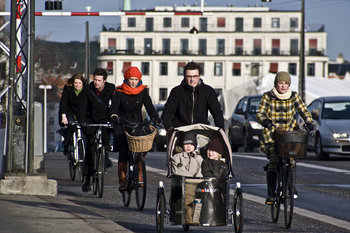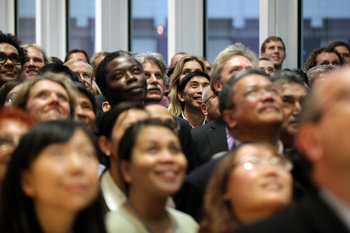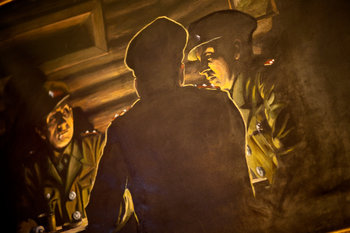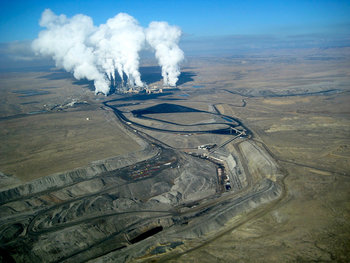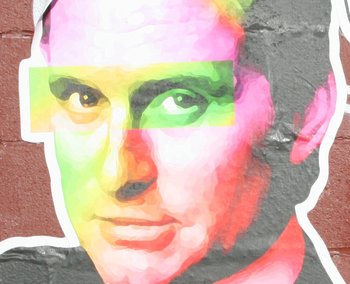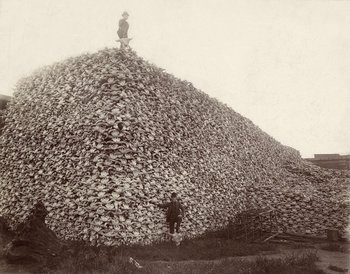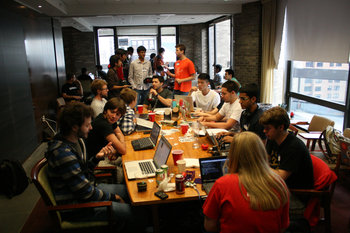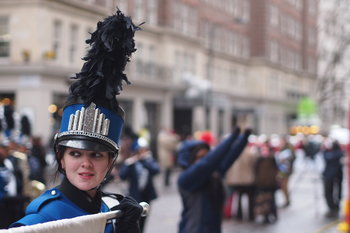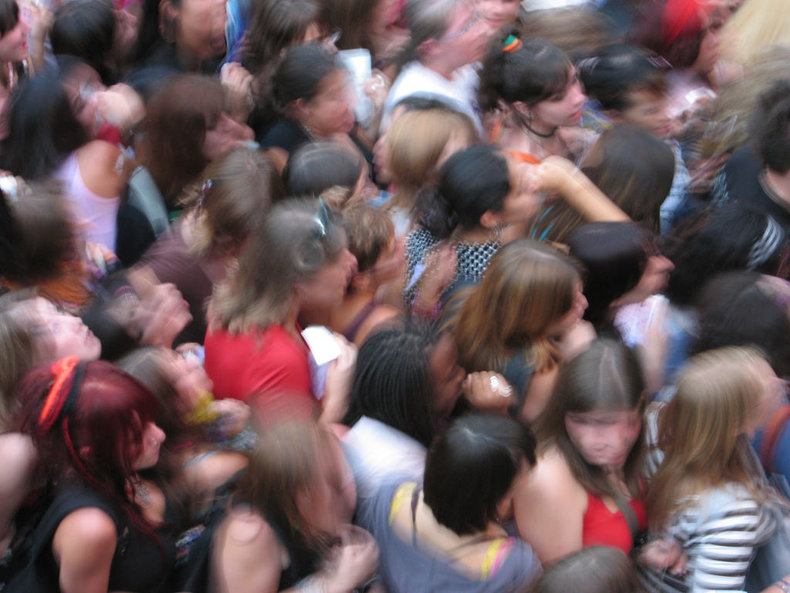
Groupthink
Groupthink is an environment where a social group immediately punish "wrong" thinking without any possibility of debate. Self-appointed members of the group police thought, behavior, language and speech to immediately label anyone who fails to comply with the group's orthodoxy. This can occur without any formal coordination.Pluralistic Ignorance
A situation where a majority in a group secretly reject an ideology, theory, idea or norm but everyone goes along with it because they think everyone else accepts it. This is also described as a spiral of silence.Mediocrity
A tendency for a large number of people to seek only comfort, convenience and risk reduction. This creates a number of herd behaviors such as flocking to any products that make things slightly more convenient. Mediocrity can also cause the herd to seek to punish members of the herd that take risks or excel in some way.Fear of Missing Out
A tendency for people to constantly compare themselves to others and to feel a deep sense of angst described as a fear of missing out if they find someone is getting ahead or enjoying life more than themselves. For example, a strong urge to buy stocks because you keep hearing that your coworkers have made money at it.Crowds
The behavior of crowds. For example, in a panic most people in a crowd may go for the same exit of a building because they look to people to find the way out as opposed to information sources such as exit signs.Safety in Numbers
A risk management heuristic that it is safer to follow the group. For example, buying a popular stock that everyone says is a good investment. This may feel safer due to the group's collective opinion but can actually be very risky because popular stocks are potentially severely overpriced.Social Referencing
Figuring things out by copying your neighbor. This is one explanation for how groups can act as one without coordination. For example, a classic practical joke from Japanese television whereby a crowd suddenly run down a quiet street in a panicked manner. People commonly fall for this prank by joining in running away even though they don't know why the crowd is running.Social Proof
Using social signals such as generally popularity or the opinions of high status individuals to evaluate things. For example, buying the smart phone that seems popular with the assumption that other people must know what is best.Runaway Positive Feedback
Positive feedback is when A creates B that creates more of A. For example, a stock is popular leading to a price increase, making the stock more popular.Network Effect
The network effect is a situation where something has more value when it is used by many people. For example, a packed nightclub is more valuable to customers than an empty one. This can explain the tendency for people to flock to the same services and events.Information Cascade
A situation where people observe others to make decisions such that they may ignore their own knowledge, opinions, attitudes, desires or experiences. For example, nobody is dancing at a concert but everyone feels the music is good. One guy starts dancing and a few risk takers join. Once the group gets to 10 people, it is no longer much of a risk to join in and the less brave people start dancing. Finally, the sight of a large group dancing triggers a fear of missing out and most of the crowd joins.Woozle Effect
The woozle effect is proof by citation whereby the media or a researcher presents something as a proven fact based on their ability to find a citation. In many cases, this citation may be low quality or may not claim to be presenting a fact but rather an opinion, question or possibility. The second article is then cited by others and these articles are cited by still others until something becomes a widely documented "fact" based on weak or nonexistent evidence.Conformity
The process of matching the attitudes, opinions, beliefs, behavior and style of others in an attempt to fit into a society, culture, community, organization or group.Argumentum Ad Populum
The argument that something must be right or good because it's popular. This isn't always wrong. For example, a popular movie that everyone rates highly may indeed be good. However, argumentum ad populum can also be dangerously wrong. For example, a popular stock is likely to be overpriced such that years of good news are already anticipated and baked into the price. In this case, good news may not bring returns as it is simply expected and bad news could result in a large decline if high expectations are suddenly shattered.Summary
The following are common types of herd behavior:
Overview
Herd behavior results from individual behaviors whereby people look to groups for information and fear standing out, being excluded or falling behind the group. The result of this behavior are groups that appear to act as one, potentially in irrational ways.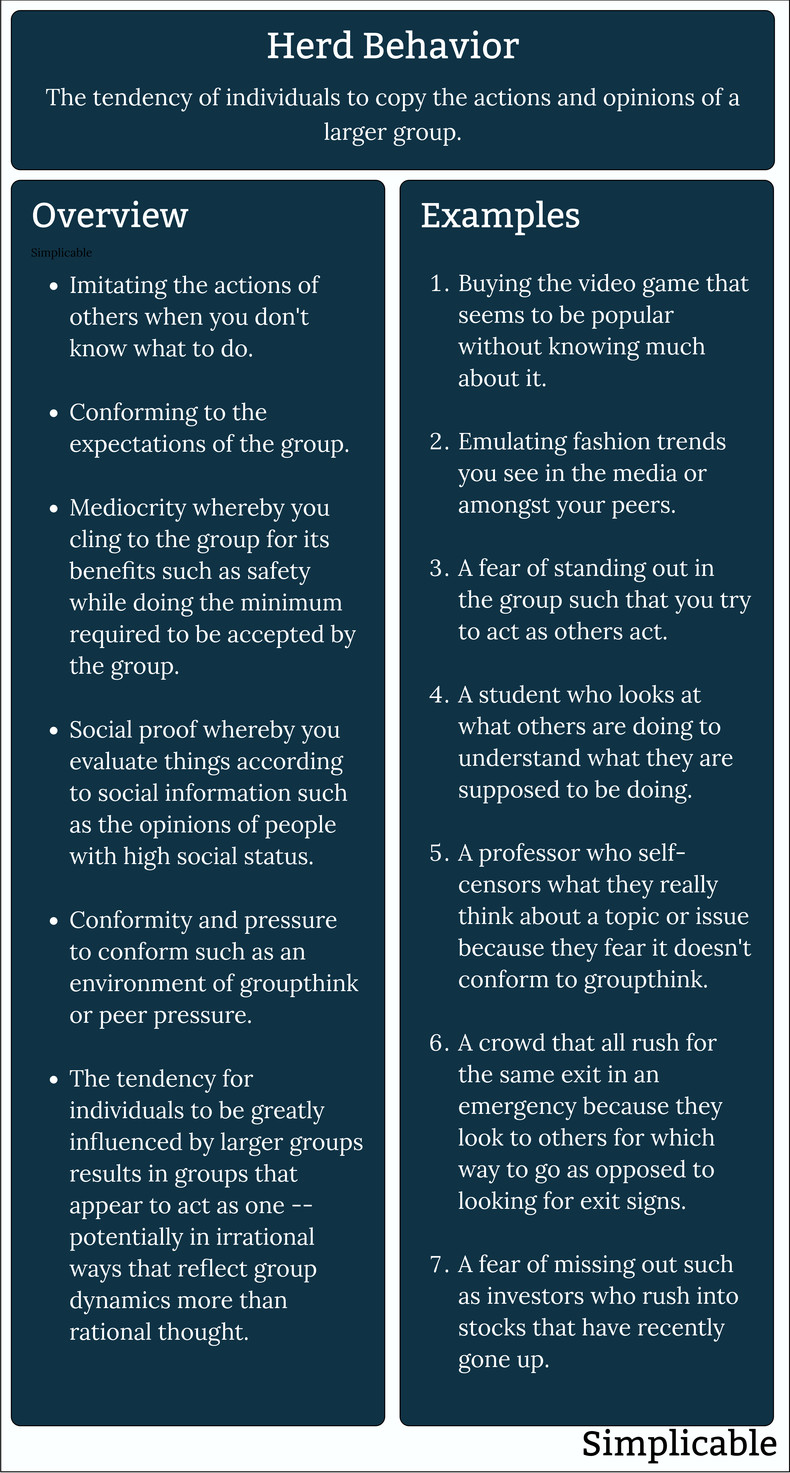
| Overview: Herd Behavior | ||
Type | ||
Definition | A group that acts as one without any centralized direction or control. | |
Related Concepts | ||



